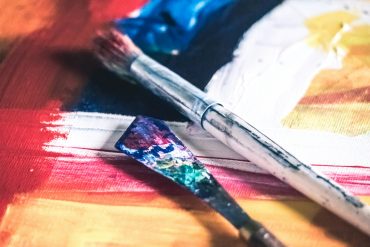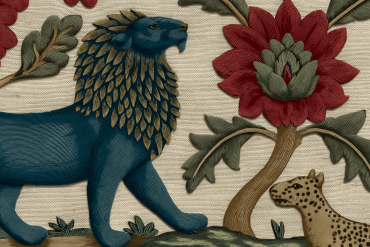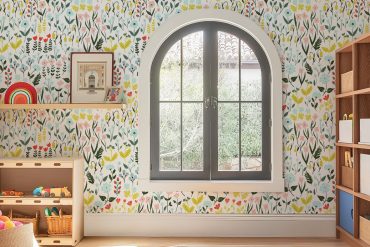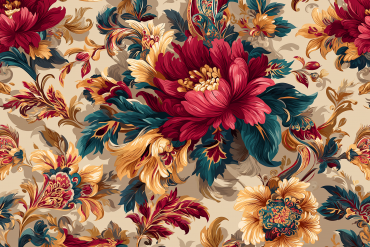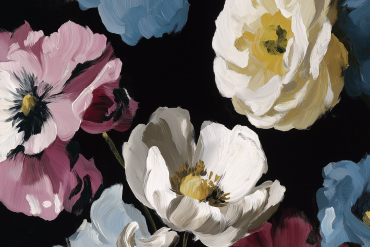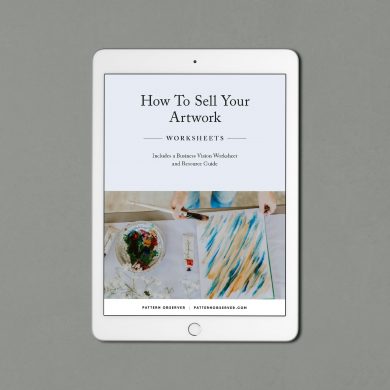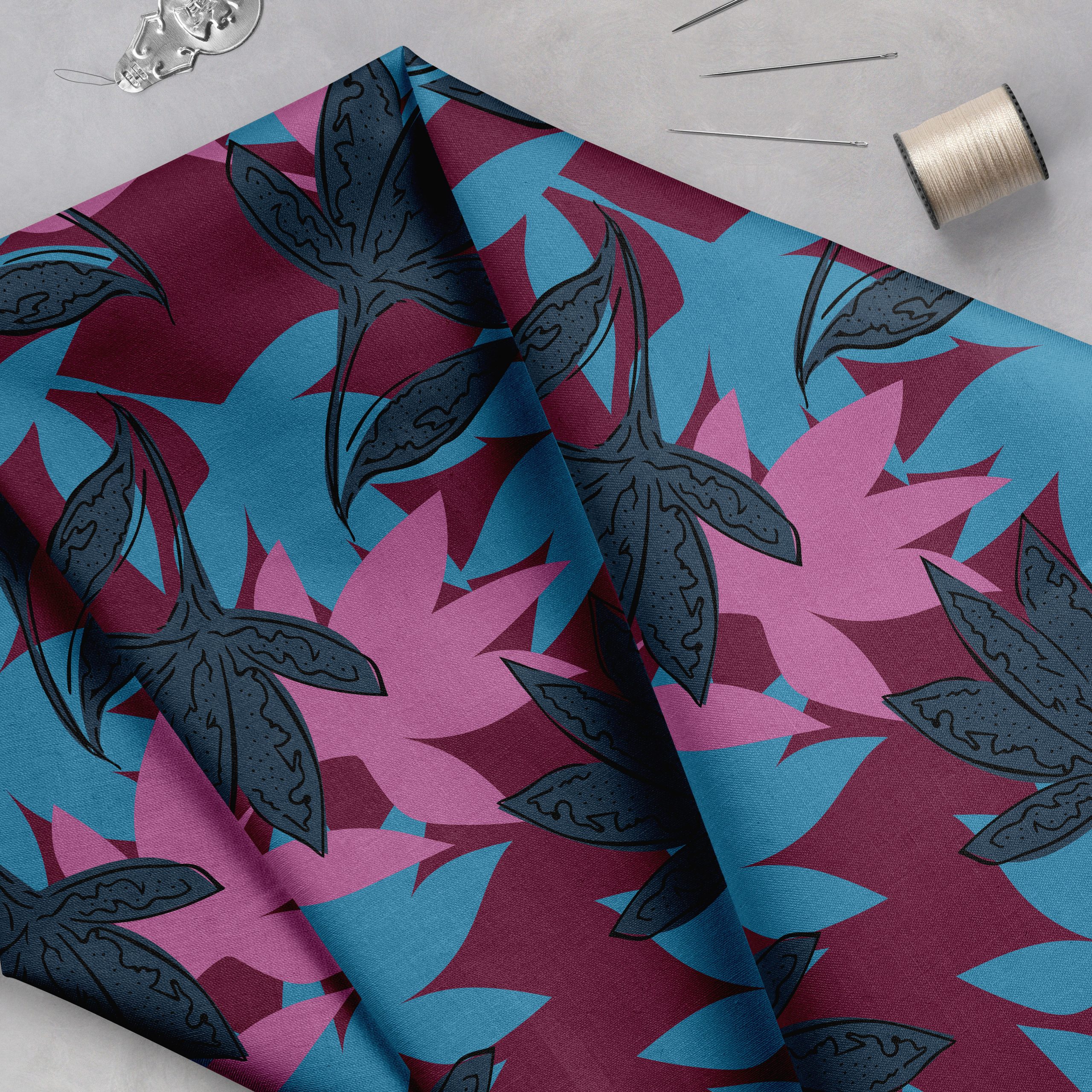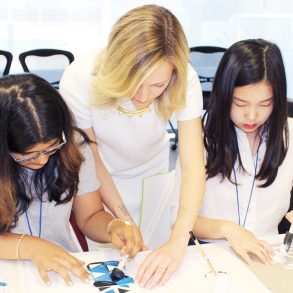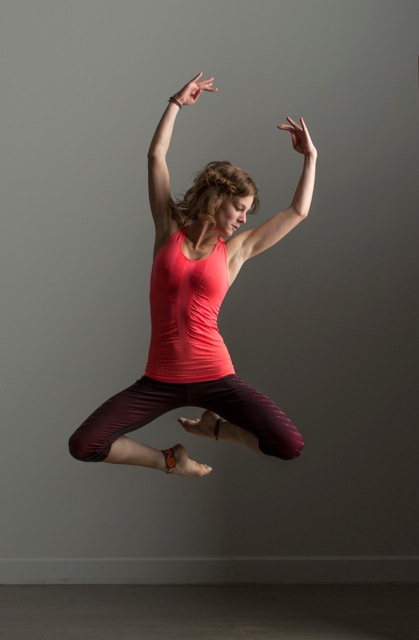
Some of you got to experience this sensation when you were in design school, while others, like me, experienced it as an in-house assistant designer. My first few years in the design world were an amazing experience. I learned a tremendous amount about the apparel industry, picking up a new technique or tip nearly every single day. I was given more responsibility and was rewarded with small, but steady, promotions and raises. I was loving life and my dreams were coming true!
After a few years, I was promoted to a junior design position. That’s when something interesting happened. Despite the fact that I enjoyed my job and my co-workers; feelings of boredom, isolation, and frustration begin creeping into my day. Something was missing but I didn’t know what. I was still learning a new technique here and there; however, those moments of intense growth were far and few between.
I was no longer seeing the growth that I knew was possible, both in my artwork and in my career position. Can you relate?
It’s natural to experience those feelings from time to time, we’re only human. Thankfully, it is within our control to overcome those times of stagnation and keep working toward achieving the vision that we have for our future. Are you wondering how? Here are a few ideas to get started:
* Small environmental changes have a tremendous impact on our ability to look at things from a new perspective.
Some days to avoid feeling “stuck,” I’ll work in several different rooms in my house. As a mentor, I see amazing results from designers who have worked in one market their entire career and suddenly switch to a new market. The new challenge and unique perspective create the most innovative designs.
* Experimenting with new artistic techniques, either by hand or on the computer, is the only way to grow as a designer.
Even if the results are not “ready for market,” I always find a way to use the artwork in the future, maybe as an overlay or background texture.
Here are some techniques that work for Chelsea and I:
1. Dissect the big picture. Look for pattern inspiration within patterns. For example, look at a leaf close-up, what textures or patterns can be found on this common motif?
2. Get off the computer! Keep a folder of doodles, sketches, photos, and artistic experiments that you can refer to and build upon when you are stumped.
3. Layer techniques. Use the motifs, textures and concepts that you created in idea #2 and layer these pieces with various filters, overlays and existing patterns.
* Reaching out to communities for inspiration, support, and collaboration makes you a stronger person
Some communities are highly structured, such as an online workshop, forum, or corporate work environment. Other communities occur more organically through email, a blog, or an event. When in need, take inspiration, ideas, and support from the community. When you have something to offer you should leave a comment, mention an idea, or find a way to support the community.

Tell me, what is your favorite method to breaking out of a design rut? I’d love to hear about it in the comments.
*all photos were taken by Jordan Matter for RYU





